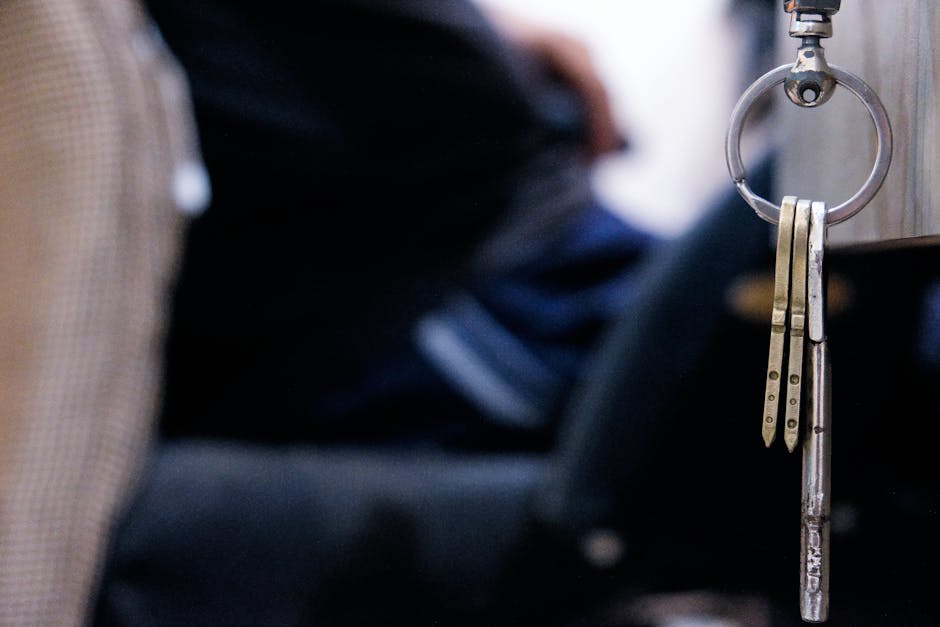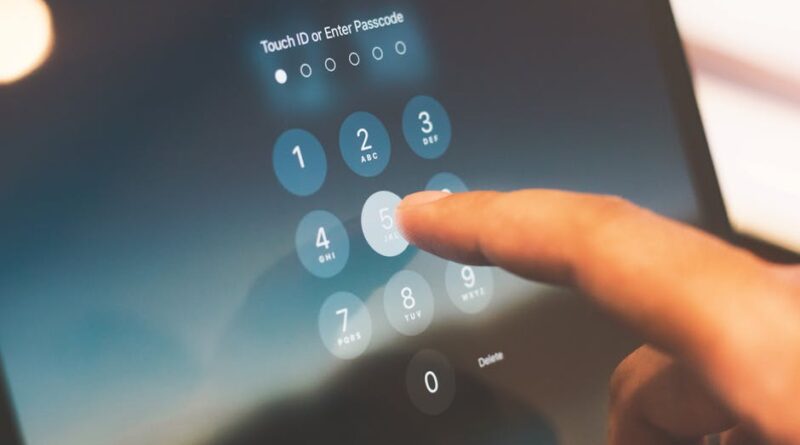Password Safety Tips for All Users
Did you know that 81% of data breaches are caused by weak passwords? That’s a staggering number! In today’s digital world, keeping our information safe should be a top priority. So, lets dive into some simple yet effective password safety tips that everyone can use.
Why Is Password Safety Important?

Lets face it: we all have multiple passwords for different accounts. From social media to online banking, each one is a tiny gate protecting our personal information. If a hacker gets hold of just one password, they could access everything!
According to a study by Cybersecurity Ventures, cybercrime will cost the world $10.5 trillion annually by 2025. that’s a lot of money! Protecting your passwords is an easy first step to keep yourself safe.
What Makes a Strong Password?

So, what exactly is a strong password? A strong password is:
- At least 12 characters long
- A mix of uppercase letters, lowercase letters, numbers, and special characters
- Not based on easily guessable information like your birthday or pet’s name
For example, instead of “John123,” try something like “J0hN!B3n$on2023!” This password is much harder to crack!
How Many Passwords Should You Have?

It might sound overwhelming, but ideally, you should have a unique password for each account. Yes, that means more passwords to remember! But it’s crucial for safety.
If you reuse passwords, you’re putting all your accounts at risk. Imagine if your email password gets hacked. The hacker could easily reset your social media passwords with just that one stolen password!
What Are Password Managers?

Feeling overwhelmed by all these passwords? that’s where password managers come in. These tools help you securely store and manage your passwords in one place.
Think of a password manager as a digital vault. You only need to remember one master password to unlock it. The manager then generates strong passwords for each of your accounts. Popular options include LastPass and 1Password.
Should You Enable Two-Factor Authentication?
Absolutely! Two-factor authentication (2FA) adds an extra layer of security. It requires not just your password but also a second piece of information, often a code sent to your phone.
For instance, you log into your bank account. After entering your password, you receive a text with a code. You enter the code, and voila! you’re in. Even if someone knows your password, they would still need that code to access your account.
How Often Should You Change Your Passwords?
Changing your passwords regularly is a good habit. Aim to change them every 3 to 6 months. it’s especially important if you hear of a data breach involving a service you use.
When you change your password, make it a strong one! And don’t use the same password across multiple sites.
What Common Mistakes Should You Avoid?
Everyone makes mistakes, but some can compromise your security. Here are a few common pitfalls to steer clear of:
- Using simple passwords like “password” or “123456”
- Writing down passwords and leaving them in plain sight
- Not updating passwords after a data breach
- Ignoring security alerts from your accounts
Each of these mistakes can make it easier for hackers to get into your accounts. Stay vigilant!
How Can You Remember Your Passwords?
If keeping track of multiple passwords seems impossible, try these tips:
- Create a password phrase or sentence that’s easy for you to remember but hard for others to guess. For example, I love coffee in the morning! can become ILuvC0ff33!NtheM0rning!
- Use a password manager to securely store your passwords.
- Write down your passwords, but keep the list in a secure place, like a safe.
What Are the Signs of a Hacked Account?
it’s essential to know if your account has been compromised. Look for these warning signs:
- Unusual account activity, like messages you didnt send
- Multiple failed login attempts
- Emails about password changes you didnt request
If you notice any of these signs, take action immediately! Change your password and enable 2FA if you haven’t already.
What About Public Wi-Fi?
Using public Wi-Fi can be risky. Hackers often set up fake networks to steal your information. If you must use it, avoid accessing sensitive accounts, like banking apps.
If you need to access sensitive information, consider using a Virtual Private Network (VPN). A VPN encrypts your data, making it harder for thieves to see what you’re doing online.
How Can You Educate Others About Password Safety?
Spreading the word about password safety is crucial. Share your knowledge with friends and family. Here are a few ways you can help:
- Discuss password safety during family gatherings or meetings.
- Share articles or resources on social media.
- Help someone set up a password manager or 2FA.
What Are the Final Takeaways?
Password safety is essential in todays digital world. By following these tips, you can help protect your personal information:
- Use strong, unique passwords for each account.
- Consider using a password manager.
- Enable two-factor authentication on important accounts.
- Change your passwords regularly.
- Stay aware of unusual activity.
For more tips on keeping your information safe, check out this resource from the FTC.
Remember, your passwords are the keys to your digital life. Treat them with care, and youll go a long way in securing your online presence!
